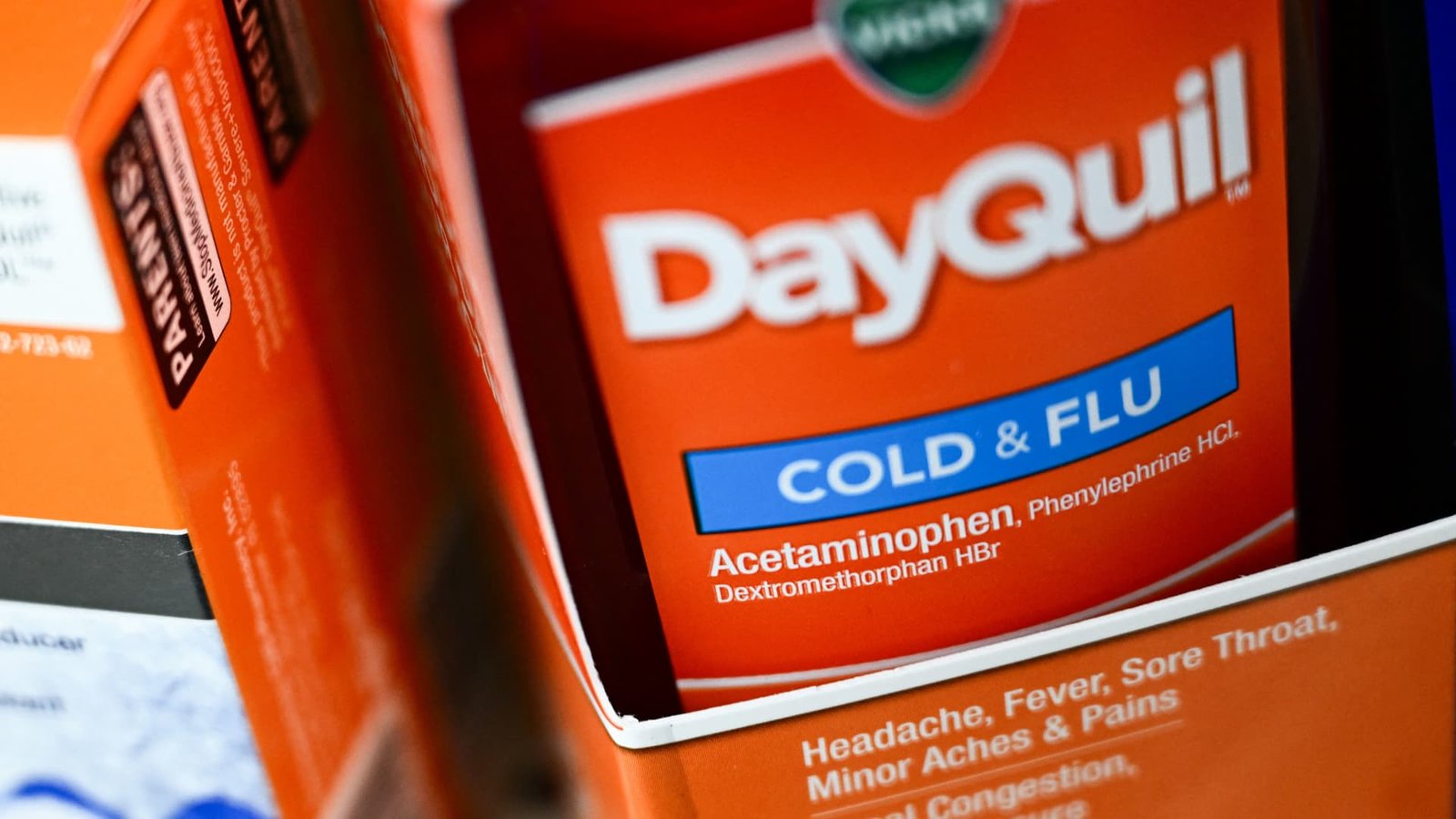The Food and Drug Administration has proposed discontinuing the use of oral phenylephrine, a common ingredient in many over-the-counter cold and allergy medications. The FDA stated that after a thorough review of available data, it was determined that oral phenylephrine does not effectively relieve nasal congestion. This decision follows a unanimous conclusion reached by FDA advisors over a year ago.
Dr. Patrizia Cavazzoni, director of the FDA’s Center for Drug Evaluation and Research, explained that the proposal to remove oral phenylephrine is based on its ineffectiveness as a nasal decongestant. The FDA clarified that the proposed order is not due to safety concerns and is not yet final, allowing companies to continue marketing products containing oral phenylephrine for the time being.
If the final decision is made to remove oral phenylephrine, pharmacies would need to remove numerous products containing this ingredient from their shelves, including versions of popular drugs like NyQuil, Benadryl, Sudafed, and Mucinex. Retailers like CVS have already taken steps to remove certain medicines with oral phenylephrine.
The FDA’s decision could also impact major drug manufacturers such as Procter & Gamble, Bayer, and Johnson & Johnson’s Kenvue, as they would need to reformulate many of their oral cold and allergy products. Phenylephrine is believed to reduce nasal congestion by shrinking blood vessels in the nasal passages.
Without oral phenylephrine available, patients may turn to nasal spray versions of the drug or seek alternative medications with different ingredients. Retailers like CVS and Walgreens could face a decline in sales, as they sold a significant number of phenylephrine-containing products in 2022.
The FDA may revoke the over-the-counter designation of phenylephrine as “generally recognized as safe and effective,” a move that would require drugmakers to submit FDA applications for products containing this ingredient. Researchers at the University of Florida prompted the FDA advisors’ meeting last year, advocating for the removal of phenylephrine products based on studies showing their lack of efficacy compared to placebos.
FDA staff concluded that oral phenylephrine formulations are ineffective even at standard or higher doses, as only a minimal amount reaches the nose to alleviate congestion. The Consumer Healthcare Products Association, representing over-the-counter drug manufacturers, did not present new evidence to challenge the FDA staff’s findings on phenylephrine.
Despite concerns raised by the group about the impact on consumers, the FDA’s decision could lead to significant changes in the availability of oral decongestants. Phenylephrine replaced pseudoephedrine as the main decongestant in over-the-counter medicines in 2006, following restrictions on pseudoephedrine sales due to its potential misuse in making methamphetamine.




